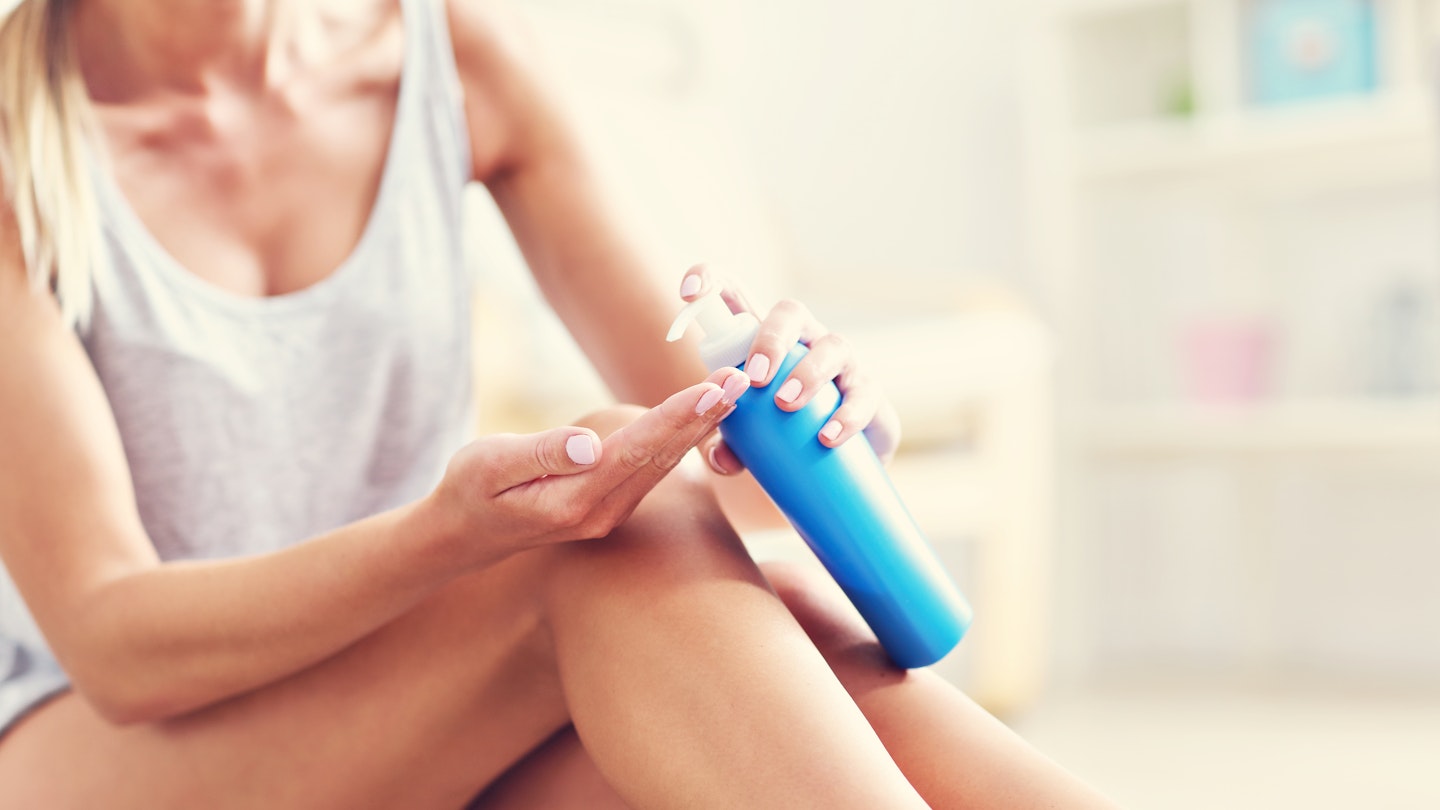With the warmer months upon us, it's time to re-evaluate our sun protection regime. Just like your mum always told you, the benefits of wearing high factor sunscreen are manifold, and regardless of your skin type, it’s an essential item to have in your skincare arsenal.
In fact, according to a new study by Cancer Research UK, nine out of 10 cases of skin cancer can be prevented by using a high factor sun creams. This comes alongside warnings that UK skin cancer rates have soared in the last decade, with many unaware that they should be using sun cream in the UK - not just when they go on holiday.
'Sun safety is not just for when you're going abroad,' says CRUK health information manager Karis Betts, 'The sun can be strong enough to burn in the UK from the start of April to the end of September. We want to encourage people to embrace their natural look and protect their skin from UV damage by seeking shade, covering up and regularly applying sunscreen with at least SPF 15 and four or five stars'
With the charity confirming that there's actually no such thing as a 'healthy tan' (with tanning a sign of your body trying to protect itself from harmful rays), they are on a mission to ensure people understand the importance of wearing sun cream no matter where you are in the world.
Because, working out what SPF to use, what UVA and UVB mean and the best way to apply sun cream is actually quite a minefield that few of us understand. To get to the bottom of this, we quizzed Abi Cleeve, sun cream expert and founder of Professional Suncare brand, Ultrasun.
What does SPF mean and how do factors work?
'SPF stands for Sun Protection Factor. This is simply a measurement of how well a sunscreen protects us from UVB rays. I recommend a minimum of SPF30. If correctly applied, sunscreen with SPF30 will block 95 percent of UVB rays, while SPF50 blocks 98 percent. However, it is also important to consider how well a sunscreen protects from UVA rays.'
What is the difference between UVA and UVB rays?
'The easiest way to remember the difference is that UVA is related to ageing and UVB is related to burning. UVA rays are one of the biggest contributing factors to skin ageing. Present all year round, they can penetrate clouds and glass. UVB intensity varies by season, location and the time of day. In the UK, levels of UVB are highest during spring and summer, when the sun is at its highest in the sky.'
How can I tell how effective UVA protection is?
'In the UK, this is done by a star rating of 1-5 stars. In the EU it is 33% of the SPF level. When choosing an effective sunscreen consider both the SPF number and its UVA% filter - ideally you want one that is 90% or above.'
Why should you wear sun cream in the UK and in the winter?
'UVA rays are a year round skin damager and impacts cumulatively beneath the skin’s surface. According to the World Health Organisation, up to 90% of the visible changes commonly attributed to ageing may be caused by sun exposure.
Sun protection should be very much part of a daily skincare routine and anyone serious about their skincare will know that UVA and UVB protection is a daily core component. No serum or moisturisers can reverse UV damage.'

How much sun cream should you use?
'A survey by the British Association of Dermatologists in 2016 identified that 8 out of 10 people are failing to adequately apply sunscreen. Do it first thing, do it indoors and apply plenty. Any application in direct sunlight increases evaporation and up to 60% of protection can be lost. The recommended NICE guidelines are to use 6-8 teaspoons (35ml) per application.
Apply liberally to all exposed, or potentially exposed, parts of the body. Put on at least fifteen minutes before you go out and remember to look out for easy to miss bits (such as around shoulder straps and your clothing). Areas which are often forgotten are the back of the neck, ears, temples and backs of hands. Get a good coverage and let it sink in.'
How long does sun cream last?
'Look for the symbol on the product which determines the number of months after opening the product can be used efficiently. An Asda survey in 2013 revealed that 57% of Brits are wearing out of date sunscreen. Check your product for shelf life, the average is 6-12 months.'
How often do you need to reapply sun cream?
'This depends entirely on the formula. Follow your chosen product application instructions and if advised re-apply as required.'
Is sun cream water resistant?
'It's important to understand that no sun cream is waterproof but it's water resistant. Water resistant means they are tested to ensure up 40 minutes of resistance underwater. Water resistant formulas are a great option not just for when you are swimming but also if you are playing sports or in a hot climate. Water resistant formulas are tailored for prolonged water immersion, but this can also reflect effectiveness when perspiring.'
Does the sun damage your skin through water/windows?
'UVA rays, the biggest contributing factor to skin ageing, can penetrate 90% of cloud cover and penetrate glass. This increase in potency depends on location and surface as follows: snow – up to 80% increase, sand – up to 15% increase and, sea foam – up to 25% increase.'
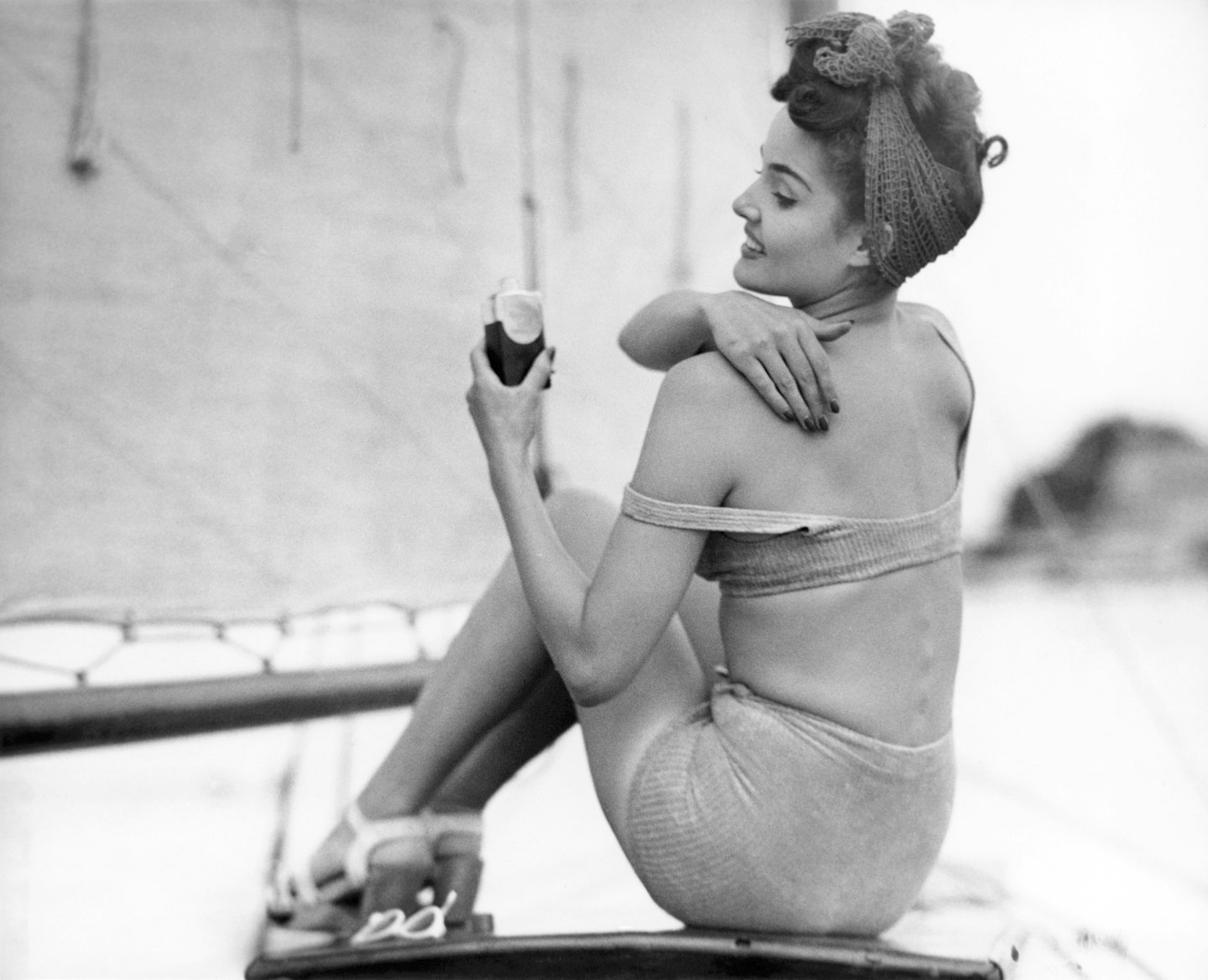
Can I use a foundation or moisturiser with SPF?
'Some moisturisers and make-up products contain some form of SPF protection but these tend not to be effective as a specific sun care product. Many don’t contain UVA protection, are not water resistant, and, by the very nature of their intended use, are applied a lot more thinly.
Ideally, individuals should choose sun protection products for their face that contain SPF30 or above (anything less than this only offers low protection) and choose ones with broad spectrum protection to prevent damage from both UVA and UVB rays.'
Why is it more important to use SPF while incorporating active ingredients in your nighttime skincare routine?
'Many active skincare ingredients, retinol in particular, are designed to safely disrupt the skin’s natural processes to intensively stimulate renewal, and night is the optimum time for this. It’s vital that the skin is protected from UV and environmental aggressors by day as standard, but this becomes non-negotiable when actives are part of the evening skincare routine.'
What is the difference between chemical and physical sun cream?
'When comparing physical with chemical filters, there are advantages and disadvantages with both. Chemical filters absorb UVA and UVB rays so that your skin cells don’t have to. Physical filters protect the skin physically with a layer or barrier, so those rays find it hard to get to the skin and do their damage. Both are great, however, there are some considerations.
With physical filters the disadvantage can be that the skin is coated in a layer and very sensitive skin, especially when exposed to sun, can react. This we see in reactions such as prickly heat. On the flip side, thick physical filters often mean that the skin can’t cool naturally, the product can feel very greasy and it can appear white on the skin. Also, they tend to contain ingredients such as Titanium Dioxide and Zinc Oxide, which means they are quite hard to rub in.
With chemical filters, there is much in the press and available online addressing chemicals we expose our systems to. The skin is of course a great carrier of product into our body, just look at the effectiveness of patches for nicotine or HRT. Knowing this, we have to be very careful what we put on it.'
Shop: The Best SPF50 Buys
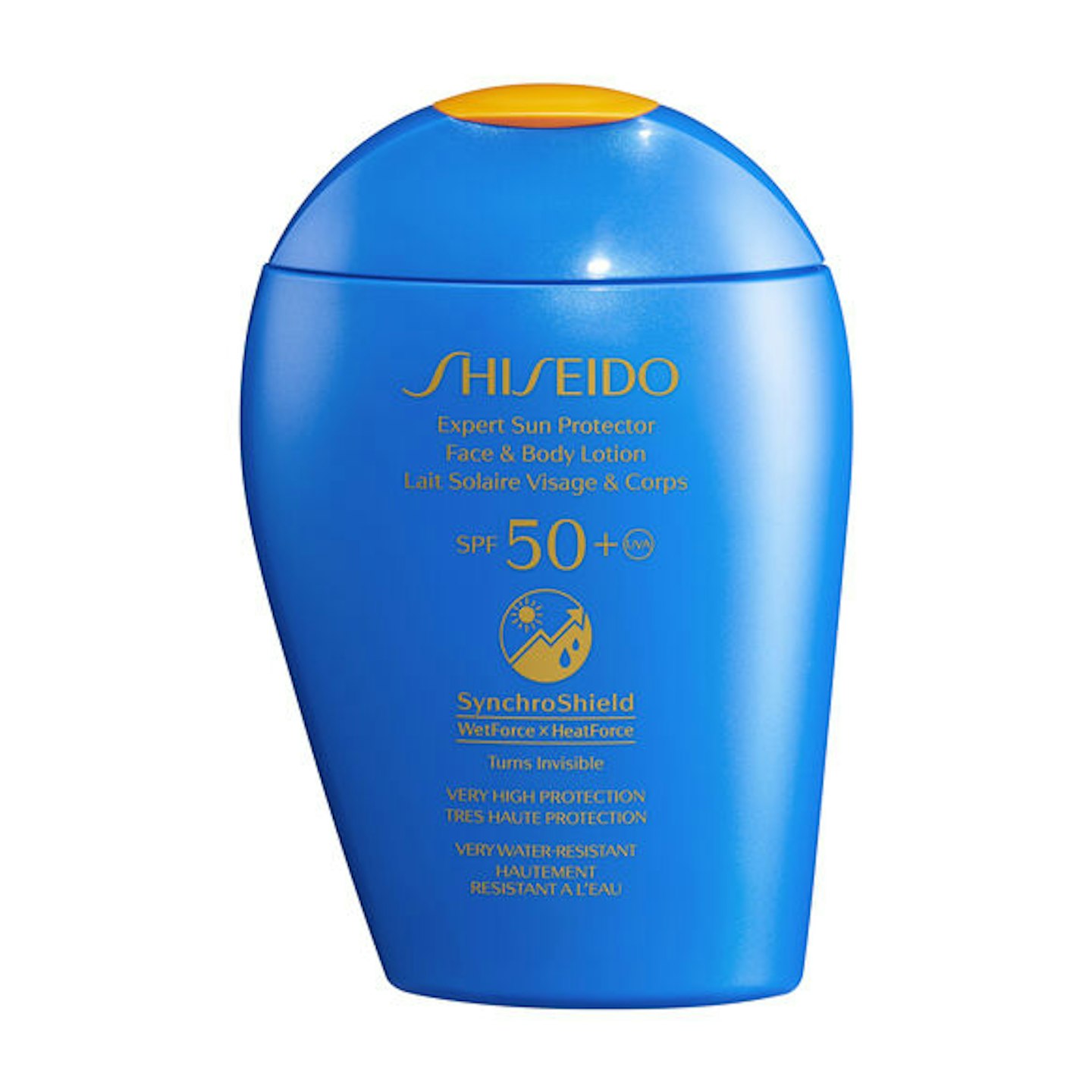
www.spacenk.com
Nourishing ingredients and SynchroShield™ technology make this lotion a clever buy that responds to sweat, water and excessive heat with ease.
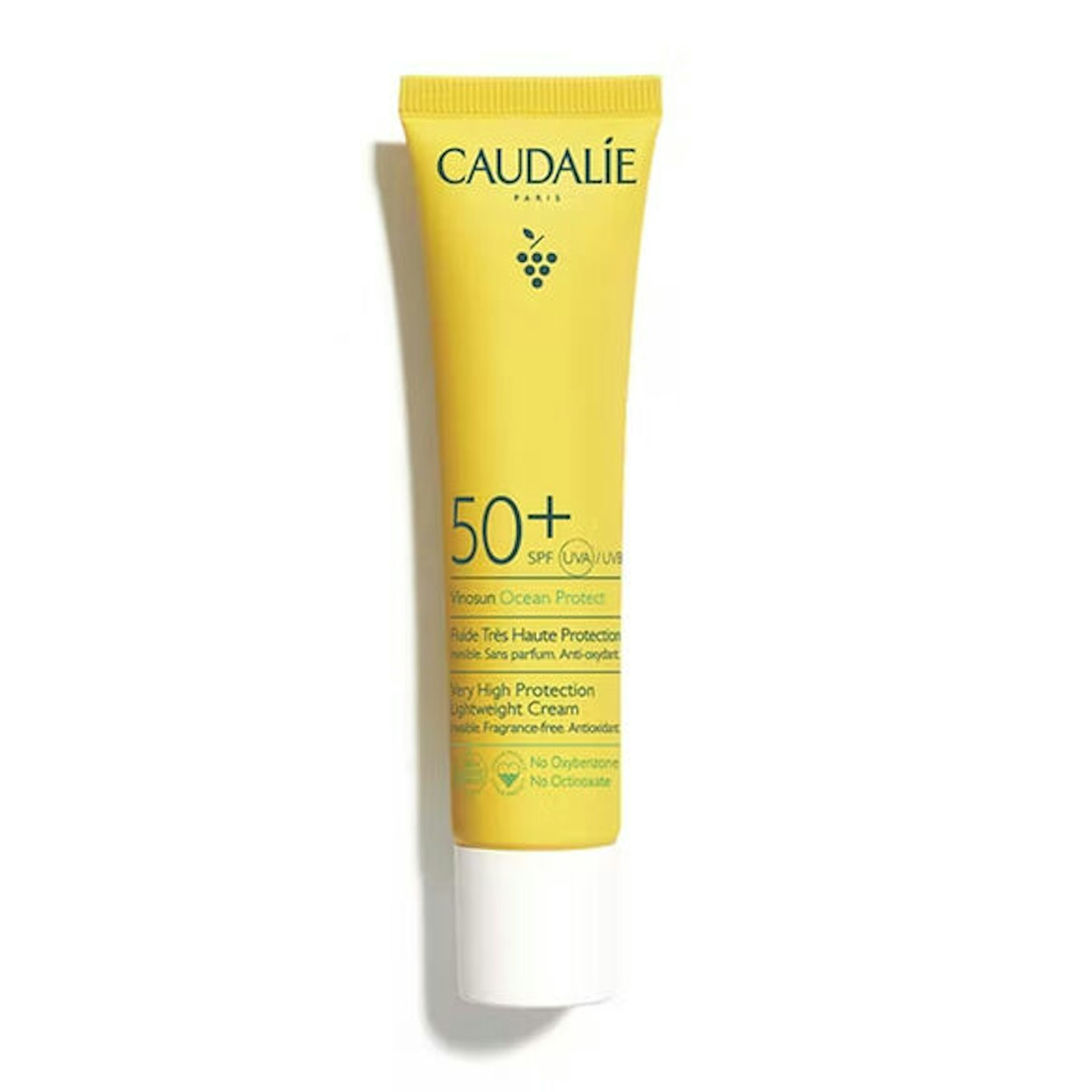
www.spacenk.com
Antioxidant action for even the most sensitive skin of skin types. You'll love it for its invisible, ultra-light texture.
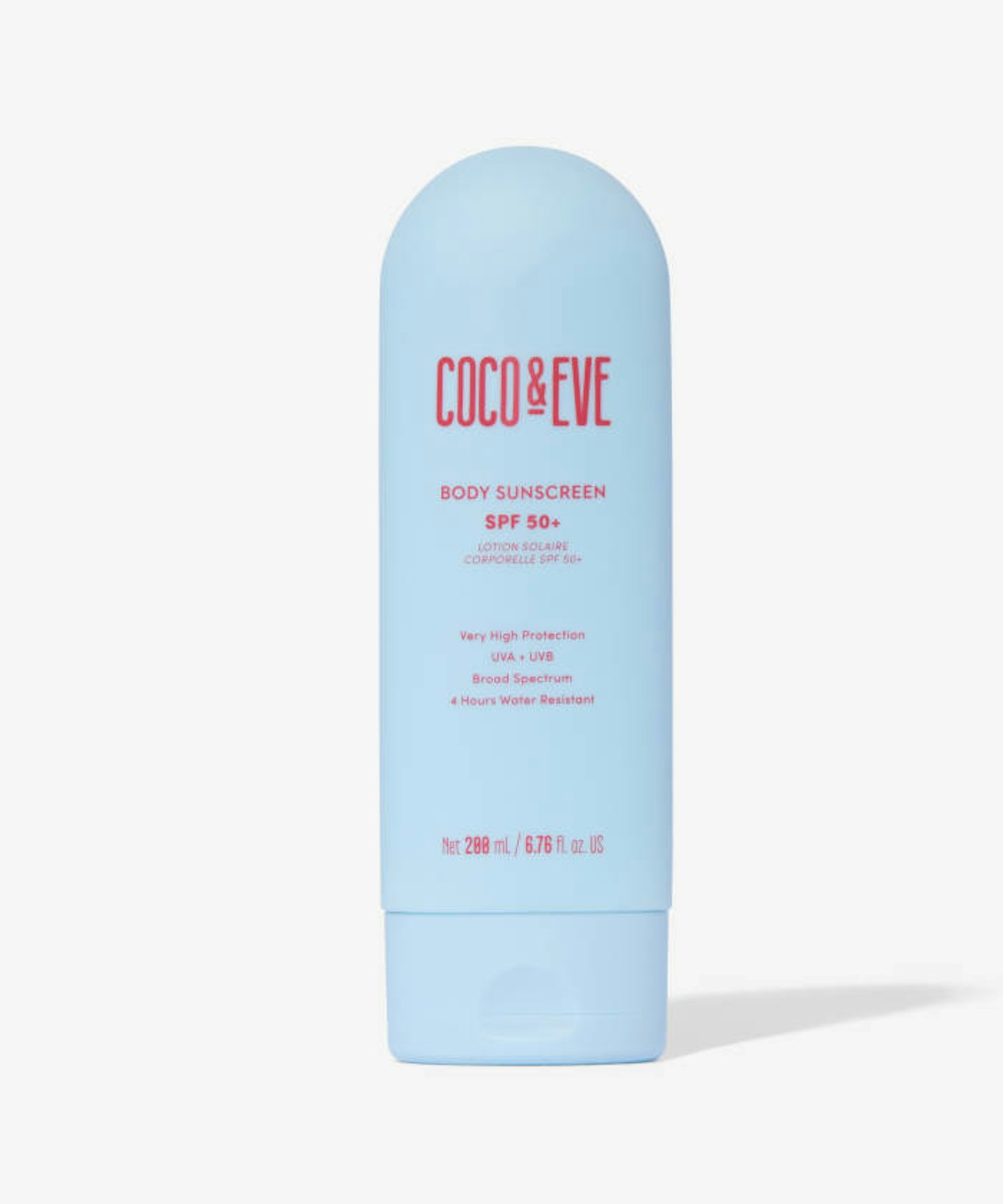
The epitome of new-gen sun care. Coconut oil, aloe vera, and vitamin E enhance this brilliant lightweight, comforting gel-cum-milk lotion which leaves skin silky-smooth.

www.spacenk.com
Infused with vitamin C-rich antioxidant kakadu plum and peptide dragosine, this nourishing SPF not only protects from damaging free radicals, environmental stressors and blue light but also makes for the best make-up base.
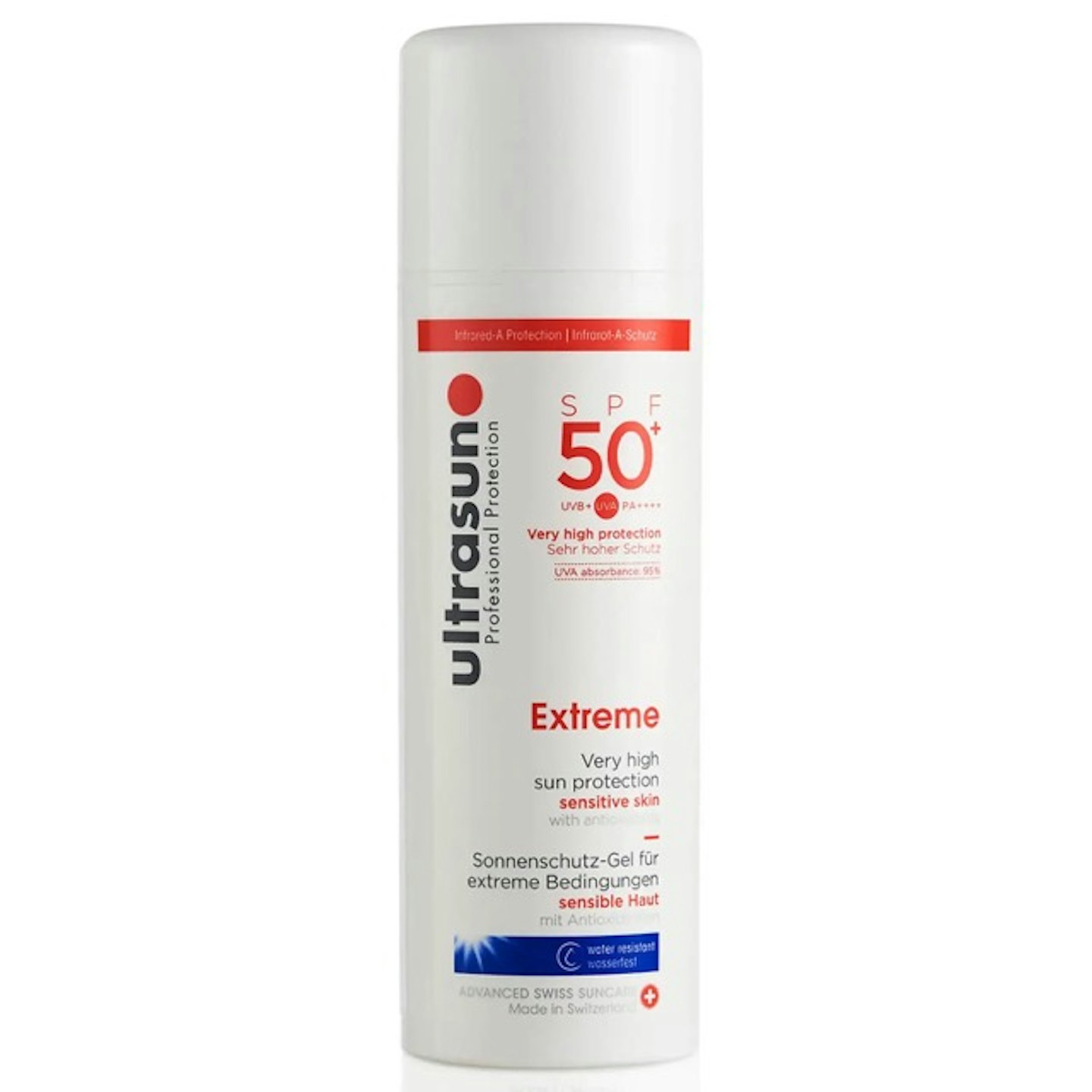
www.lookfantastic.com
A bullet-proof and high protecting SPF which locks in moisture thanks to vitamin B5 and vitamin E. Use it all over for extreme protection.
